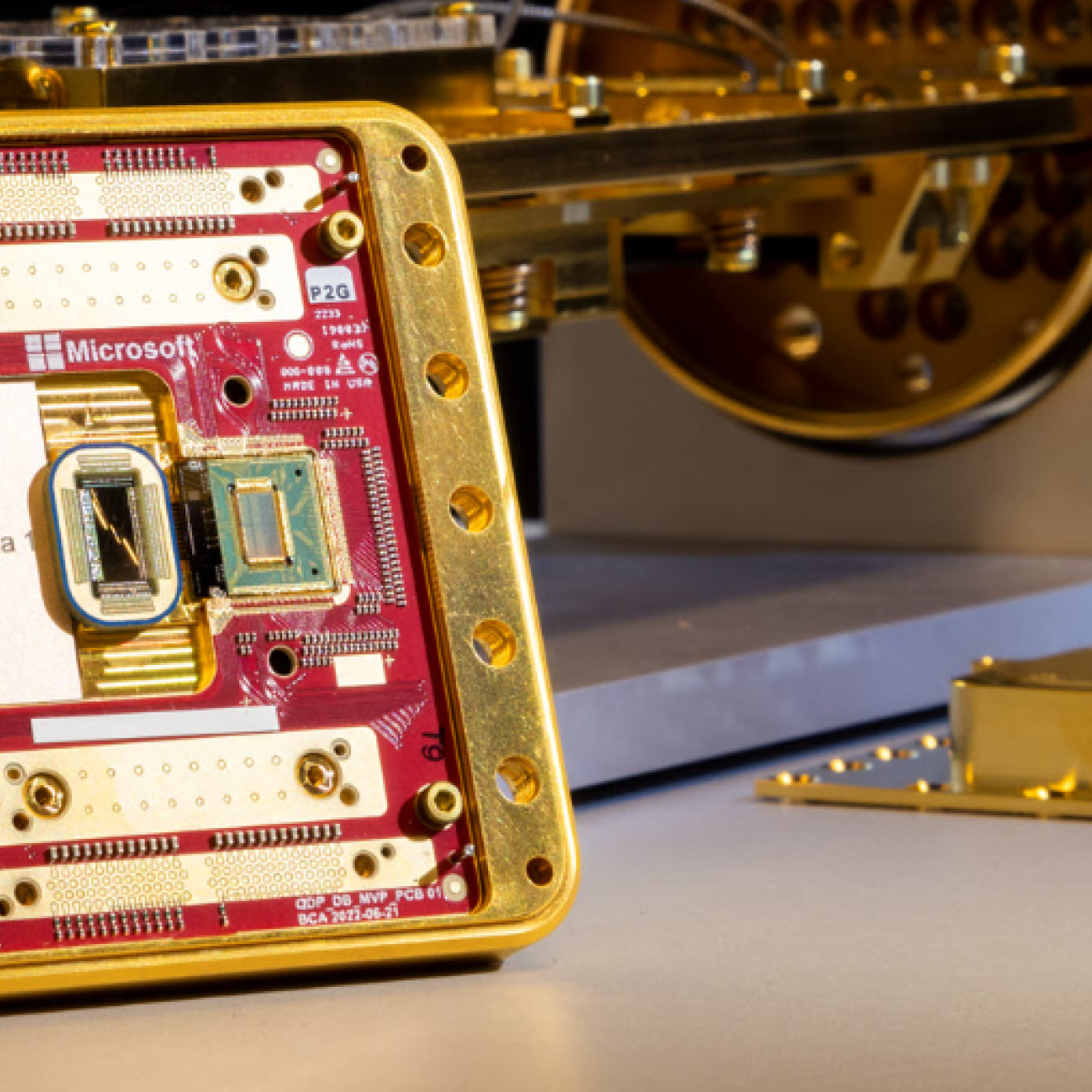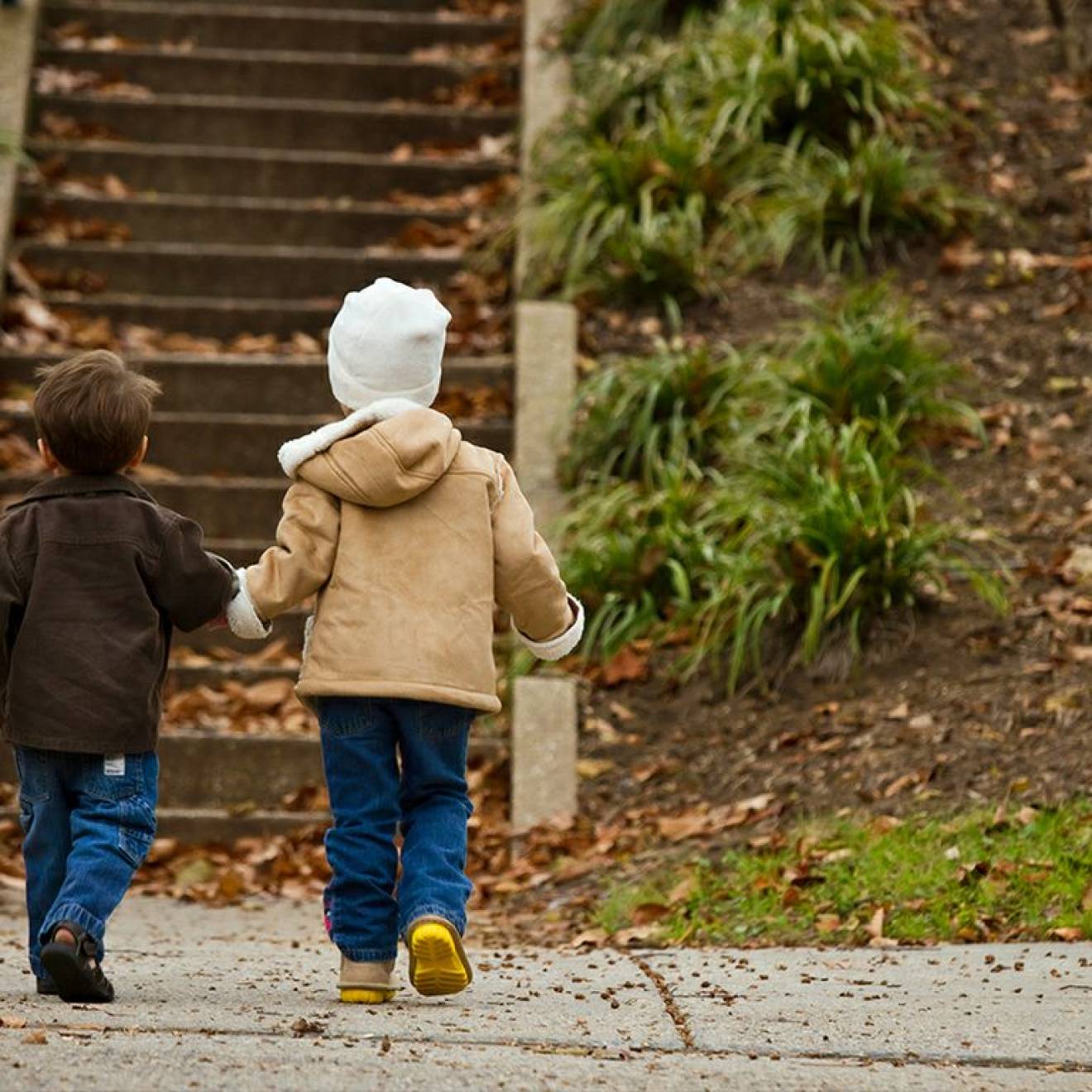Cynthia Lee and Alex Boekelheide, UCLA
There are plenty of UCLA students who are spending the week of spring break enhancing their suntans and frolicking at traditional meccas of fun to decompress. But spring break also represents another kind of opportunity for students who have opted to travel to other destinations. Think Detroit.
At the UCLA Luskin School of Public Affairs, 10 graduate students have chosen to spend the week in the downtrodden Motor City to learn firsthand from city officials and leaders about the pain of insolvency and collapse of urban infrastructure.
Meanwhile, 10 undergraduates are volunteering this week at HIV/AIDS organizations in San Francisco, an experience that student organizers hope will inspire long-term service, said Faye Mendoza, a UCLA fourth-year neuroscience major who developed the San Francisco trip as one of five community-service related field trips that the student-run Community Service Commission is offering as an alternative spring break.
“We have a total of 73 students going on trips to downtown L.A.; Kanab, Utah; New Orleans, San Francisco; and Wind Wolves Preserve (Bakersfield, Calif.),” said Mendoza, who is director of the newly expanded Alternative Breaks program. “This year was, by far, the most competitive [in terms of applications]; over 260 students applied. We interviewed just a little over 100 and accepted 60-plus.”
While working for the San Francisco AIDS Foundation and Project Open Hand, the UCLA students will also be talking with physicians, researchers and community advocates about HIV/AIDS as well as visiting the historic Ward 86 at San Francisco General Hospital, the first HIV/AIDS clinic that opened its doors to patients. Ward 86 serves as primary care clinic that is a collaborative effort between the San Francisco Department of Public Health and UC San Francisco.
Helping close to home
Other UCLA students have decided to stick closer to home and help out locally. On March 22, approximately 50 UCLA students spent the day priming and painting campus bungalows at Griffin Elementary School in the Lincoln Heights neighborhood of L.A., transforming them from off-white to bright blue for a project put together by the UCLA Volunteer Center and the Alumni Scholars Club.
“School breaks are a great time to explore service and volunteerism for both students and staff,” said Rachel Corell, director of the volunteer center. “It gives students a week to explore weekday community projects at schools, shelters, parks and neighborhood centers that need help all year-round.”
UCLA students had a lot of opportunities this spring break to travel near and far in order to grow intellectually as well as personally through public service.
Diverse destinations
To gain a firsthand look at issues of urbanization, governance, policy and social service, three groups of students from the UCLA Luskin School are traveling to Detroit, Mexico City and Tokyo.
In Detroit, students will be meeting with a host of city officials, including Mayor Mike Duggan, the heads of agencies and leaders of nonprofit organizations, among others. The students are learning about governing a city in crisis, the resources available to city managers and the role citizens can play in rebuilding an iconic city's image.
"Detroit represents the most extreme versions of problems in the urban core," students wrote on their trip blog. "This trip will serve to contextualize urban planning issues in the canonical distressed city."
Venturing to Mexico City for spring break, Luskin students are working on gaining a better understanding of how transportation is accessed across the metropolis. The sessions packed into their five-day schedule are focusing on such topics as bike-sharing, parking management, women's needs, sustainable development and public-space programming. The group will be posting updates to a dedicated website during the trip.
Two groups of students are heading for Tokyo. The first is following a path established in previous years as they travel to the Tohoku region of Japan's largest island, where they will engage with civic leaders who responded to the 2011 earthquake that inundated the city of Sendai. More than three years after the disaster, the region still offers vital lessons of emergency planning, critical response and community rebuilding.
The second Tokyo-bound group, traveling under the auspices of UCLA's Urban Humanities Institute, is exploring the role of transportation in shaping a community. They are studying the dynamics that exist in a neighborhood surrounding Shinjuku Station, the world's busiest transportation center.
Focus on economics, politics, current affairs
At the UCLA Anderson School of Management, three groups totaling approximately 135 students from its Fully Employed M.B.A. (FEMBA) program are headed for three separate destinations to see for themselves how business operates in Hong Kong, Israel and Brazil.
To prepare for these trips, participants have had to read a lot of material and keep abreast of current developments in economics, politics and current affairs as well as attend lectures, give group presentations and write reports.
For students who have fulltime jobs and can’t take advantage of longer-term study abroad programs, these global immersion programs give FEMBA students an intensive overseas experience, including visits to historic and culture sites and meetings with alumni, said Gonzalo Freixes, before he left with a group for China.
Classes for spring quarter begin March 31.
This story was partially based on one that is running on the Luskin school website.

